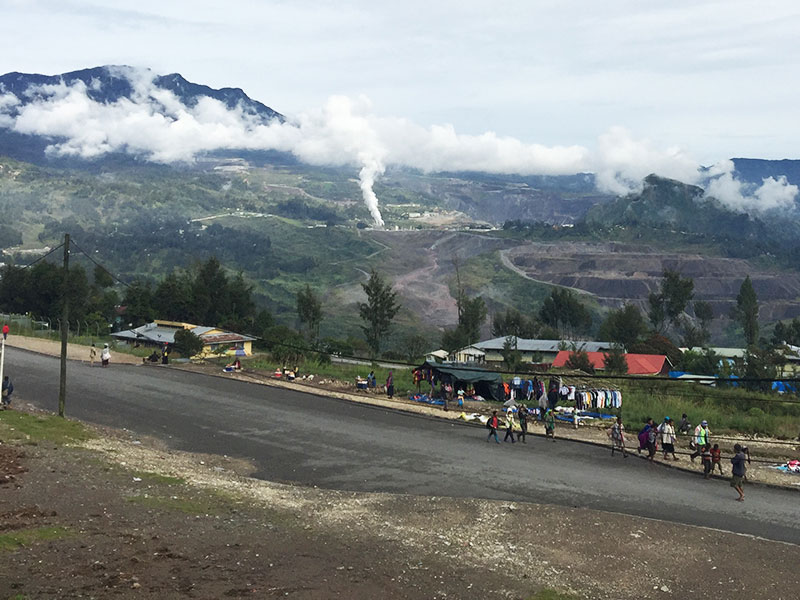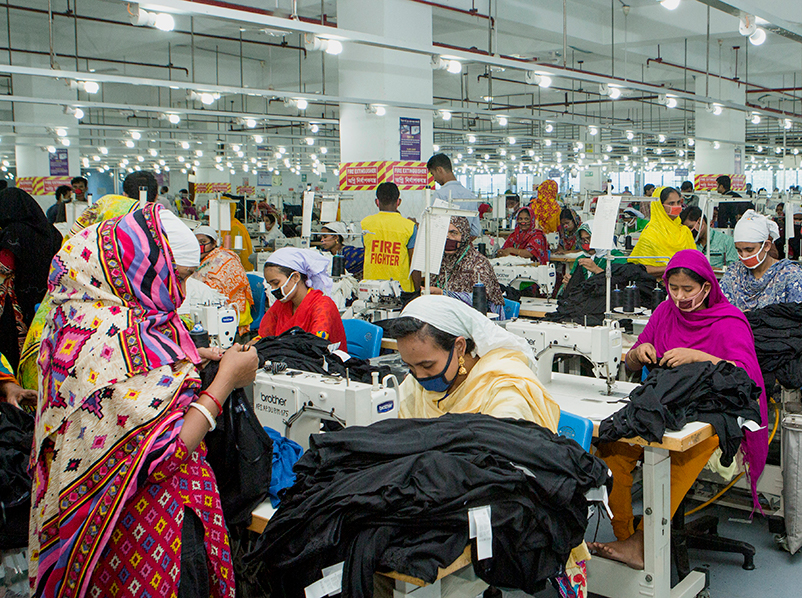
Business Transformation | Stakeholder Engagement
Five-Step Approach to Stakeholder Engagement
This report provides a comprehensive stakeholder engagement approach and toolkit that will help your company build and retain stakeholder trust in the long term.

Esg | Financial Services
ESG in Private Equity: How To Write a Responsible Investment Policy
Over the past 10 years, the private equity sector has seen responsible investment approaches move from exception to expectation. Formalized integration of environmental, social, and governance (ESG) considerations is becoming the norm. For all firms, a meaningful policy is fundamental to responsible investment and ESG integration.

Business Transformation | Collaboration
Five Reporting Trends for 2019: Insights on the Future of Reporting
Here are the five innovations that BSR's Future of Reporting collaborative initiative would like to see improve reporting and disclosure in 2019.

Climate And Nature | Energy And Extractives
Climate and the Just Transition
The just transition is an economy-wide process that produces the plans, policies, and investments that build resilient economies and communities with green and decent jobs, and this report explores the role business can play in making it a reality.

Climate And Nature | Human Rights
Climate and Human Rights
This report explores the intimate connection between climate resilience and human rights and outlines how companies can address this nexus.

Climate And Nature | Women’s Empowerment
Climate and Women
This paper explores the connection between women’s empowerment and resilience to climate change and aims to drive corporate action to put women at the center of climate solutions.

Business Transformation
State of Sustainable Business 2018
[Infographic] The 10th Annual BSR/Globescan State of Sustainable Business survey reveals what sustainability issues and global mega-trends business leaders are most focused on.

Climate And Nature | Inclusive Business
Climate and Inclusive Economy
Climate change and the economy are inextricably linked. This report highlights how companies across sectors can better understand how they can contribute to more climate-resilient and inclusive economies.

Energy And Extractives | Human Rights
In Search of Justice: Pathways to Remedy at the Porgera Gold Mine

Climate And Nature | Healthcare
Climate and Health
Climate change will impact the health of humans around the world. This paper explores the intersection of climate and public health issues and highlights the business case for action.

Climate And Nature | Supply Chain
Climate and Supply Chain
This report explores how businesses can enhance their resilience to the impacts of climate change on their supply chains and improve their supply chain management in the process.

Climate And Nature
Climate Nexus Reports
To help businesses explore the interaction between climate and these areas, and to direct companies to opportunities for synergy and interventions that will build climate resilience, BSR is launching a series of reports on the “nexus” between climate resilience and other key sustainability issues: supply chain, health, inclusive economy, women, human rights, and just transition.

Climate And Nature
Building Climate Resilience in Southeast Asia
This report offers a framework for private-sector action on building resilience to climate change in Southeast Asia.

